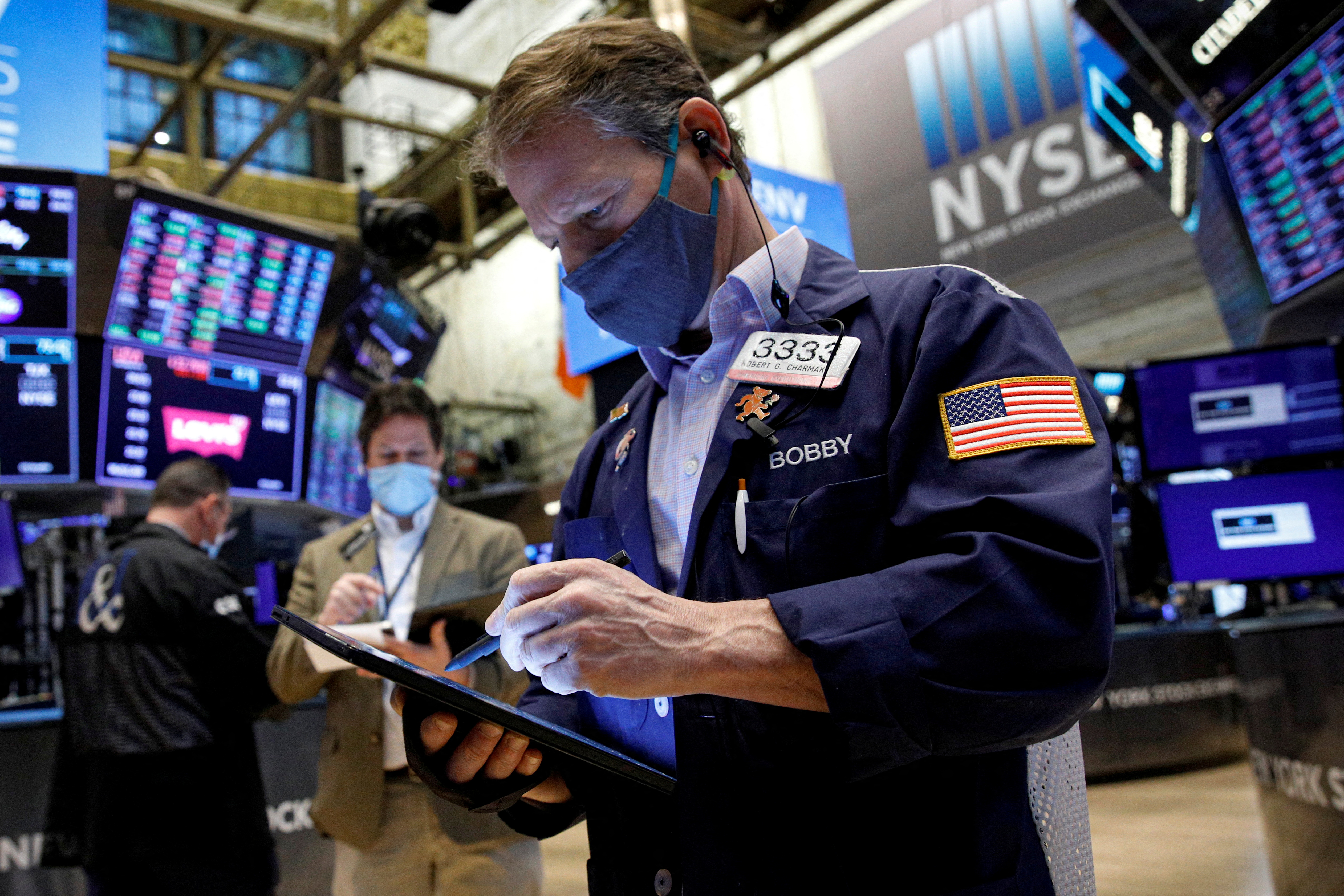The U.S. labor market showed stronger-than-anticipated growth in November, with the economy adding 227,000 jobs, according to the latest report from the Labor Department. This surge follows an upward revision of October’s job gains, which were initially reported at just 36,000 but have now been revised upward. Economists had predicted a more modest increase of around 200,000 jobs, making the November results even more impressive.
Here's ads banner inside a post
Key Sectors Contribute to Job Growth
The November job growth was driven by significant gains in several sectors, with healthcare, social assistance, leisure and hospitality, and government jobs leading the charge. Healthcare and social assistance saw the most notable increases, with both industries experiencing robust hiring, reflecting continued demand in these critical sectors. The leisure and hospitality industry, another key contributor to the economy, also saw strong job growth, benefiting from ongoing recovery in travel and dining sectors.
However, not all industries saw positive growth. The retail sector, in particular, experienced a decline in jobs, reflecting ongoing shifts in consumer habits and the growing dominance of e-commerce. While the overall job numbers were positive, these sector-specific changes point to evolving dynamics within the U.S. labor market.
Unemployment Rate Ticks Up to 4.2 Percent
Despite the strong job growth, the U.S. unemployment rate saw a slight uptick, rising to 4.2 percent in November, up from 4.1 percent in October. This small increase aligns with economists’ expectations and reflects broader labor market trends. The rise in unemployment came as the household survey showed a decrease of 355,000 jobs, which was a larger drop than the 193,000-person reduction in the size of the labor force.
Here's ads banner inside a post
While the overall unemployment rate is still relatively low, the modest increase suggests that there are still challenges in certain sectors of the economy, especially as employers face uncertainty about future economic conditions.
Job Growth Shows Signs of Slowing
Although the 227,000 job gains in November indicate a strong economy, experts are cautioning that the pace of job growth may not be sustainable in the long term. Chris Low, Chief Economist at FHN Financial, noted that while November’s job growth was largely in line with expectations, the two-month average rate of job creation stands at 136,500, which he described as “tepid.” This slowdown in job growth is compounded by a minimal 0.1% increase in aggregate hours worked over the last two months, signaling that employers may be exercising caution in their hiring practices.
Low also pointed to a possible slowdown in investment and hiring plans as businesses wait for more certainty surrounding the incoming president’s economic policies. “Surveys suggest companies are putting investment and hiring plans on hold until they have more certainty about the president-elect’s economic plans,” he explained. This hesitation is likely contributing to the deceleration in job growth seen in recent months.
Here's ads banner inside a post
Wages Continue to Rise
On a positive note, wages have continued to increase steadily, with average hourly earnings climbing by 13 cents, or 0.4%, to $35.61 in November. This wage growth indicates that while the pace of job creation may be slowing, the labor market is still tight enough to push up wages. The annual rate of wage growth remained unchanged at 4.0%, reflecting a continued upward trend in compensation.
The steady increase in wages is a positive sign for workers, though it also raises questions about inflationary pressures. Rising wages, combined with a tight labor market, could contribute to inflationary trends, which the Federal Reserve will likely monitor closely in the coming months.
A Mixed Outlook for the U.S. Economy
Overall, the November jobs report presents a mixed picture of the U.S. labor market. While job growth was stronger than expected, sectors like retail continue to face challenges, and the slight increase in the unemployment rate suggests that the labor market may not be as robust as it appears. The cautious approach by businesses, coupled with uncertainty about future economic policies, may mean that job growth could slow further in the coming months.
Nevertheless, the report also highlights a resilient economy with strong gains in key sectors like healthcare and leisure. The rise in wages is another positive sign, even though it may come with inflationary risks. As the year progresses, the balance between strong job growth and potential economic uncertainty will be critical in determining the trajectory of the U.S. labor market.

